I have to admit, the steroid scene in Bros -- in which Bobby (Billy Eichner) goes into "roid rage" after taking testosterone for comic effect -- bugged me. Maybe it bugged others -- anyone who, like trans men, regularly use this medication. For fun, I visited a half dozen sites that warn parents about film content. Most of them classify the steroid scene in Bros as illicit drug use, or it's mentioned somewhere between "lewd behavior" and "f words" when reviewers just couldn't place it.
For me, testosterone was a godsend. It brought my sex drive back when I felt broken and helped me feel settled and at ease in my body. It was a profound confidence boost. Testosterone is a sex hormone that all bodies need and make in varying amounts. Some bodies, like mine, make too little. Others make too much. As with many HIV-positive men who've been positive for some time, my testosterone is naturally low. After some months of testosterone replacement therapy, or TRT -- which my doctor prescribed to keep me in a statistically "normal" range -- I decided, quite casually, to double it. Later, I decided to do a little more. These choices meant leaving the medical doses my doctor sanctioned and taking my first nervous steps into the world of anabolic steroids.
But what are "anabolic steroids"? Most people have an idea: a massive, red-faced bodybuilder, seconds away from a heart attack, lifting an amount of metal no human should be able to lift. That's not too far off: Bodybuilders use anabolic steroids globally. They are chemicals that include natural hormones like testosterone and estrogen and synthetic chemicals that mimic their effects. Anabolics are used for medical purposes, but when not prescribed by a doctor, they are deemed substances of abuse because they can lead to many physical and mental health problems. Too much of a good thing can kill you, and bodybuilders die every day from heart and liver problems due to too much testosterone (often lethally mixed with other supplements that do various things).
I was surprised to learn that the difference between TRT and "anabolic steroids" is usually just the amount taken -- the stuff you inject is more or less the same. Many bodybuilders take other things that make them gain weight in specific ways, inhibit appetite, and more -- but the essential ingredient we all hover around is a natural hormone that helps people sleep, fuck, and get mad.
The most controversial scene in Bros is the steroid one. Controversy is good. It lays bare the elements of our lives we don't like seeing. I found it triggering for two reasons. One: it was played for comedy, riffing on "roid rage" -- the idea that one becomes an aggressive, red-eyed monster on testosterone. Some do, especially at high doses. Still, that stereotype overlooks all the calm TRT users. Two: I was shocked it was in the movie at all. In a film that poked fun at modern gay life, a comedic scene about injecting testosterone downplays its dangers and suggests, optimistically, that steroids are something gay and queer men are now transparent about using.
Steroid users are usually reluctant to talk about it, mainly because anabolic steroids are illegal in most places. In Germany, where I live, it is unlawful to own, sell, or ship them without a prescription. No one intended Bros to make us ask bigger questions about queer life -- it was a charming, heavy-handed box office flop that (hopefully) launched gay heartthrob Luke Macfarlane into leading man territory. But as a modern gay love story, it raises a question: Are we owning our steroid use now?
Not yet, it seems. In writing this, I spoke to gay doctors, a dozen or more gay personal trainers, and even a historian on queer culture. None would go on the record to talk about steroids. I spoke to several steroid users, and while they all offered helpful information, no one would let me use their real name. It is likely too much to ask someone to confess to a crime in writing, and taking anabolic steroids is a crime. In a way, steroids are the epitome of an open secret: A crowd of shirtless men at a gay dance party will show how widespread their use is, but few of those men will talk about it, except with other users. Many consider it impolite to ask. "It's like asking someone if they're cheating," a friend told me. There is still an element of hush -- a magician never reveals his secrets. But bodies aren't magic, and the muscle look popular among many gay men is simply not achievable without help, especially after a certain age. If you know a gay man over 40 who's ripped, he's likely taking them.
That historian, though unwilling to be named, offered this: The steroid look came about in gay culture during AIDS in the 1980s when they were prescribed to AIDS patients to prevent wasting. "They did more than that," said a gay friend who enjoyed San Francisco in the '80s and has been taking testosterone since his HIV diagnosis. "They also helped mood, appetite, and of course, sex drive. HIV knocked testosterone levels out for some of us."
In time, the meds got better. In 1996, better antiretrovirals came. Wasting became less common, but the muscle look stayed. The roided-out muscleheads of the '80s and early '90s looked that way because they were actually dying; the roided-out muscleheads of the early aughts looked that way because they wanted to. Tom of Finland and modern bodybuilding ensured muscle would stay in gay vogue for years.
A common sentiment among those I spoke to was that the muscle look is waning. One friend said, "By now, people have seen enough of their friends die from heart problems." A steroid user in Berlin said the look had come, was "intense," and was now "on its way out." I wasn't so sure about that, but what do I know? I know I love how I feel. It's hard to demonize something that makes me feel right. Someone addicted to heroin might say the same.
Bros bugged me because, like drugs, steroids require nuance, not just base negativity or easy laughs. Body modification can be beautiful and empowering -- and lethal. There is something both ruinous and righteous in wanting to control the vessel of one's being, even to death. We are brief creatures in a world where most things are beyond our control. The body, then, for many, is our one domain. I cannot fault anyone for wanting to rule it. And the body is cruel. It ages and gives out on you right when you think you know it. I understand the men who want to keep their virility, stay in the game, and to hell with the health effects because we all die anyway.
At the same time, I know the more extreme steroid users in my life, most in their 40s and 50s, will be dead in 10 years. Criminalization has done nothing to curb their use, so maybe Bros can suggest a different course: the truth. Harm reduction to prevent death from recreational drugs requires people to be honest about what they do. The same approach is needed here. No more winking and shrugging: I take testosterone, and the amount I take might harm me. Let's talk about it.
Alexander Cheves is a writer, sex educator, and author of My Love Is a Beast: Confessions from Unbound Edition Press. Follow Alex on social, @badalexcheves.
This article is part of Out's January/February 2023 issue, out on newsstands February 7. Support queer media and subscribe -- or download the issue through Amazon, Kindle, Nook, or Apple News.


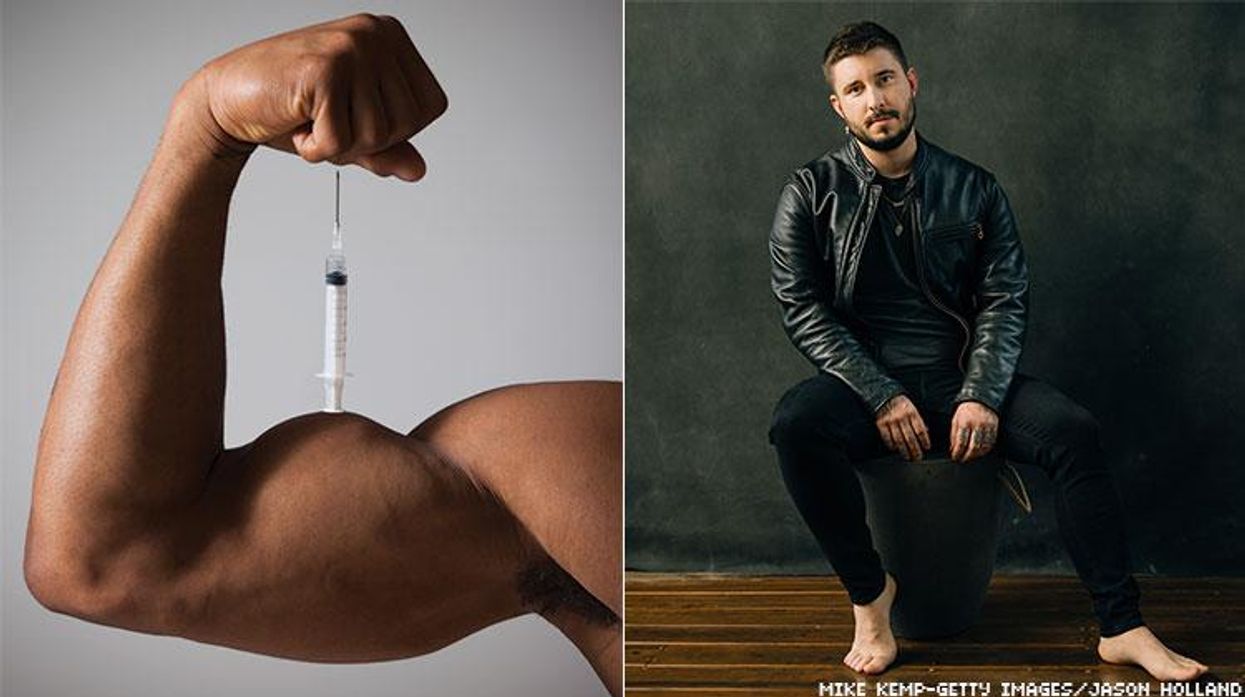







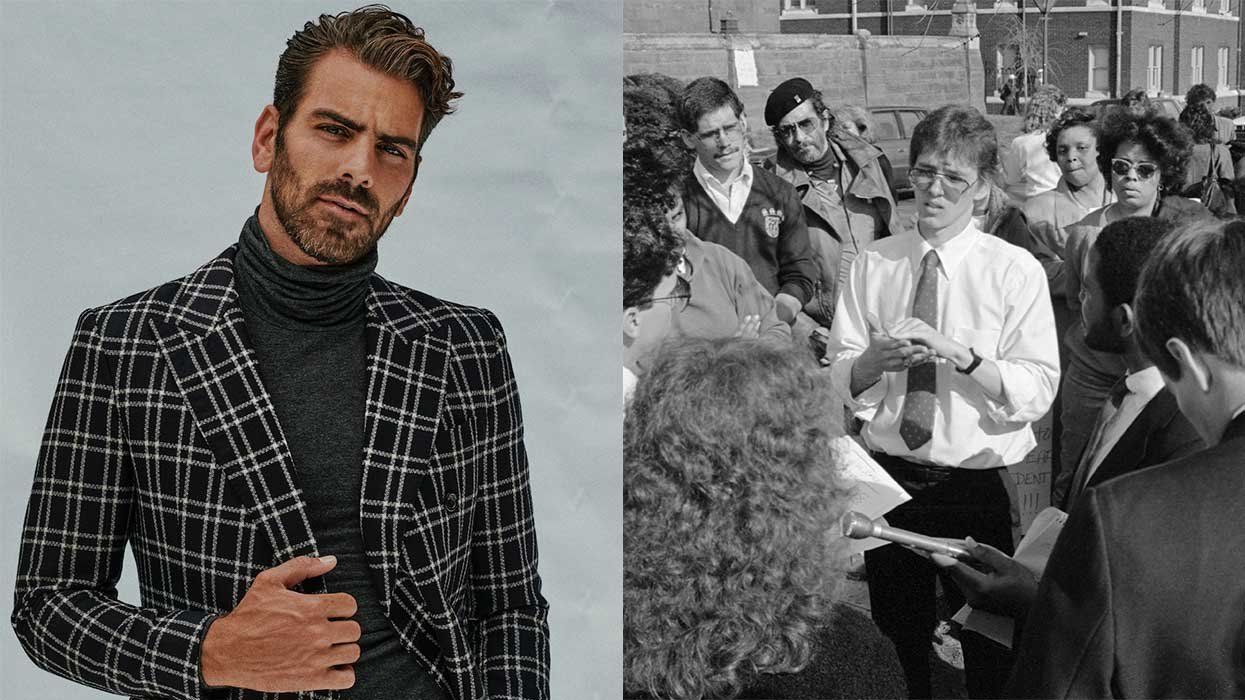

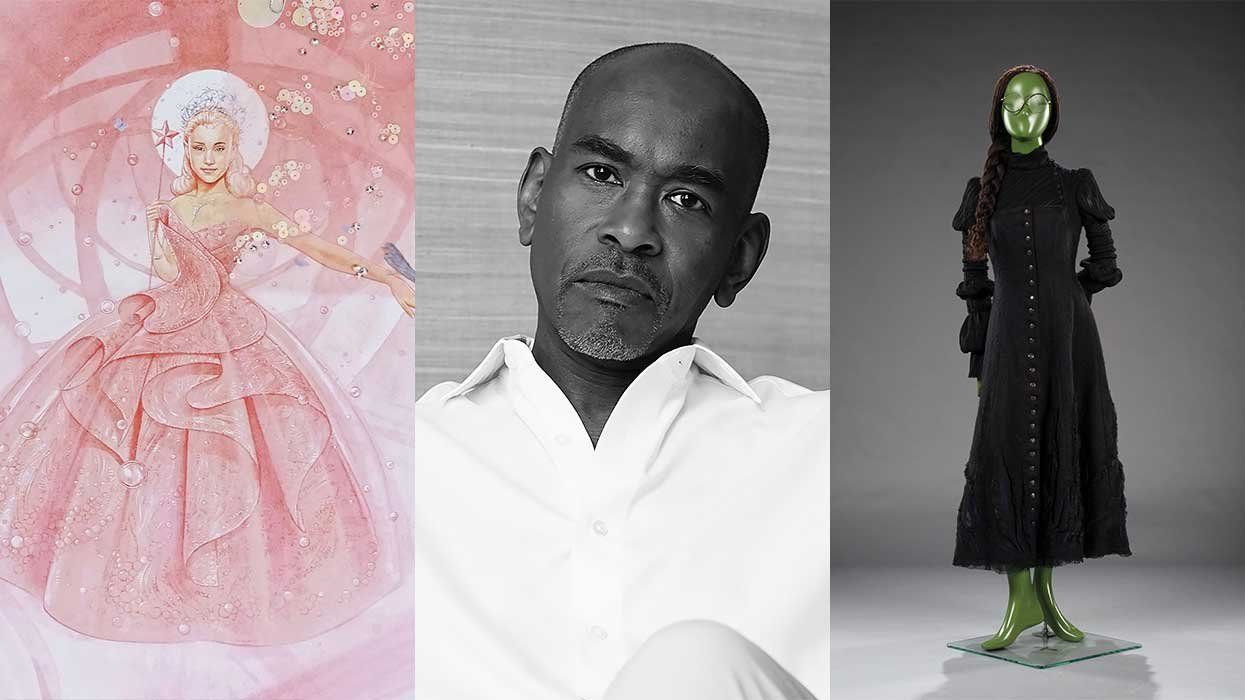






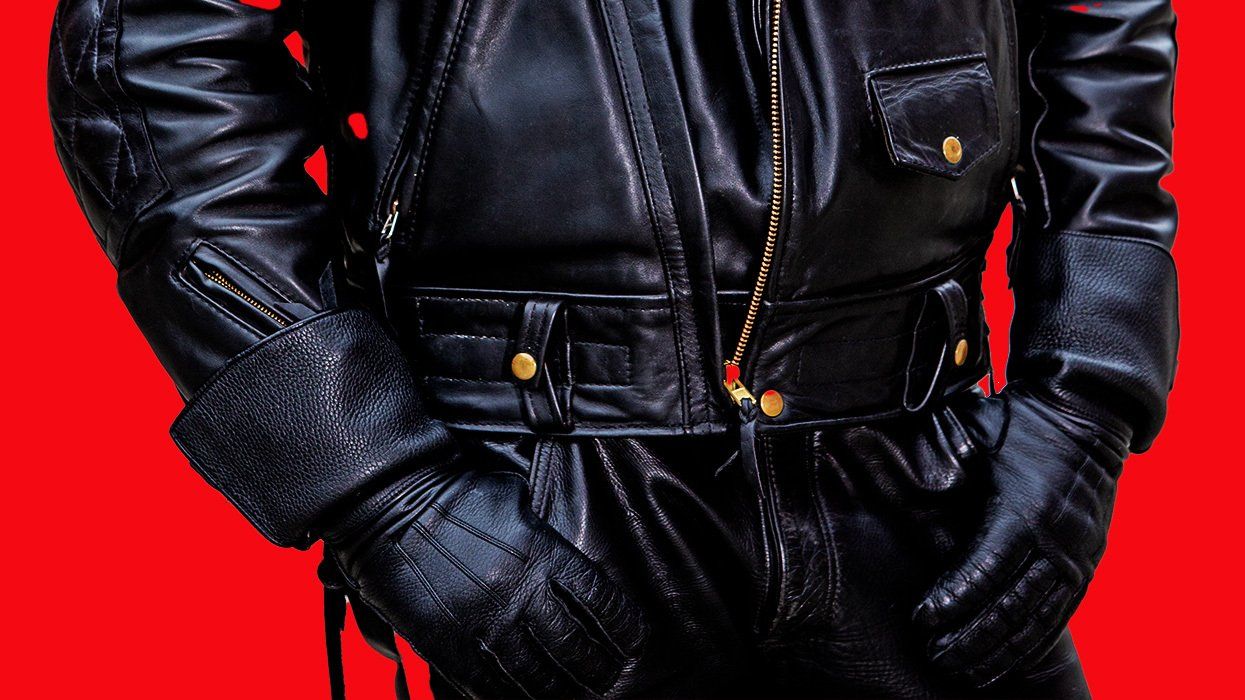

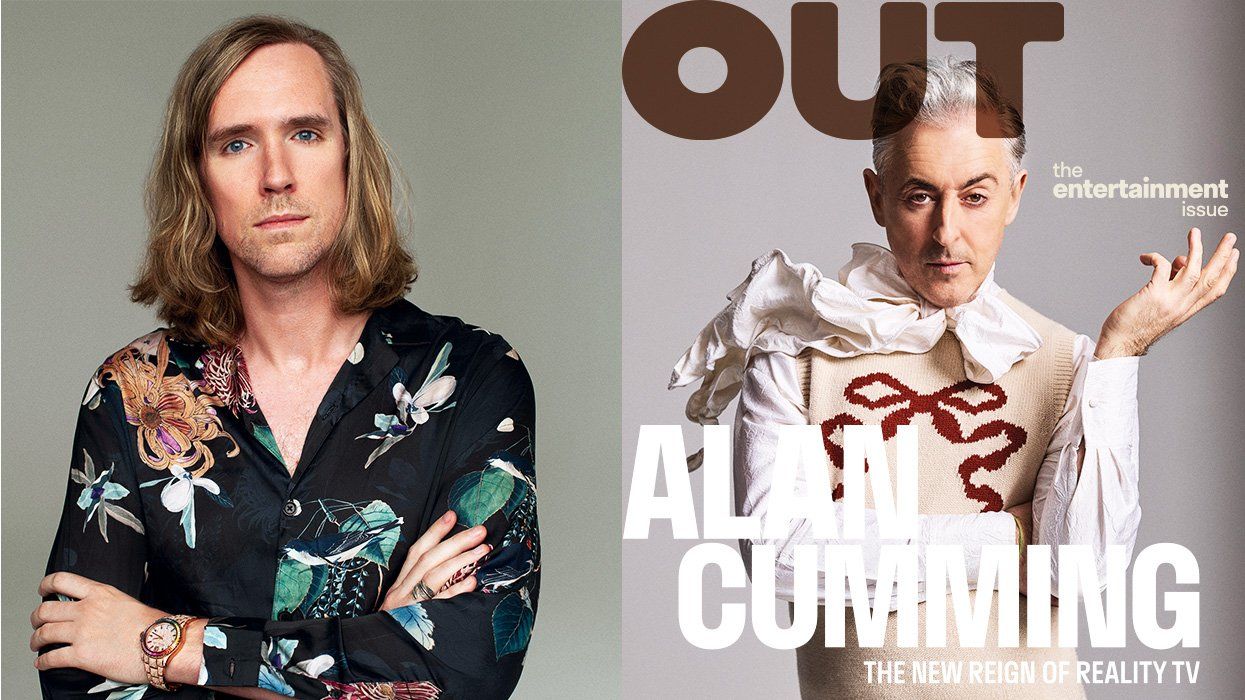
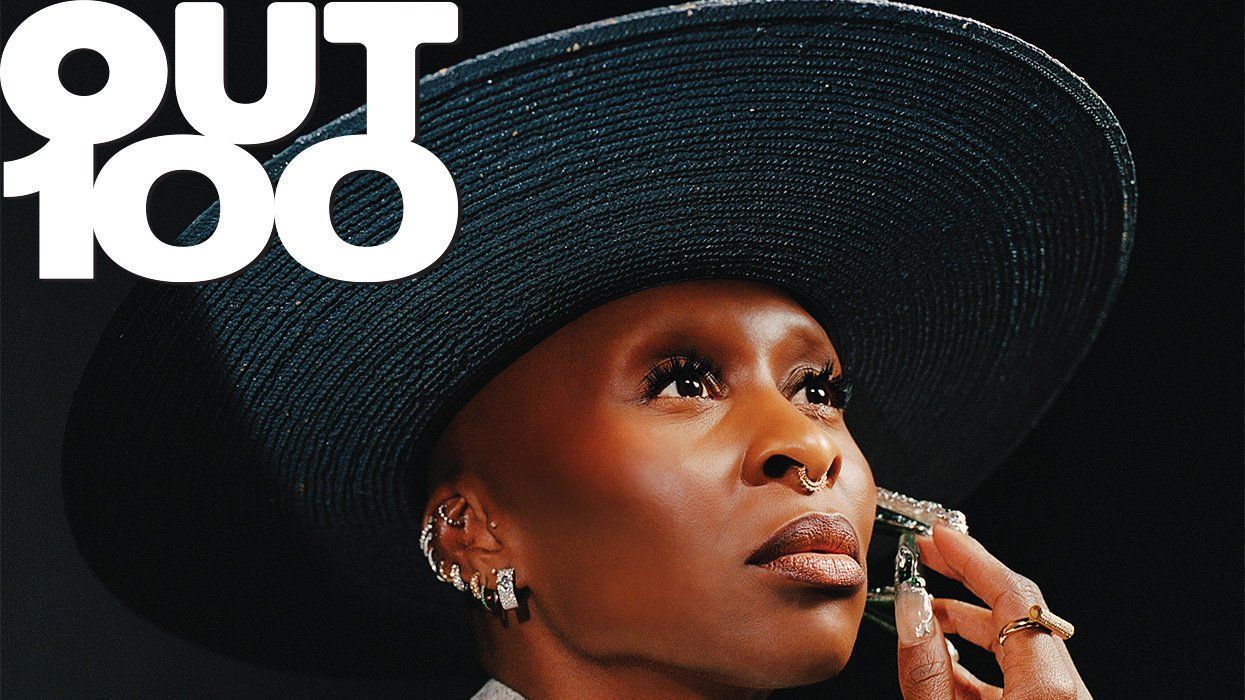

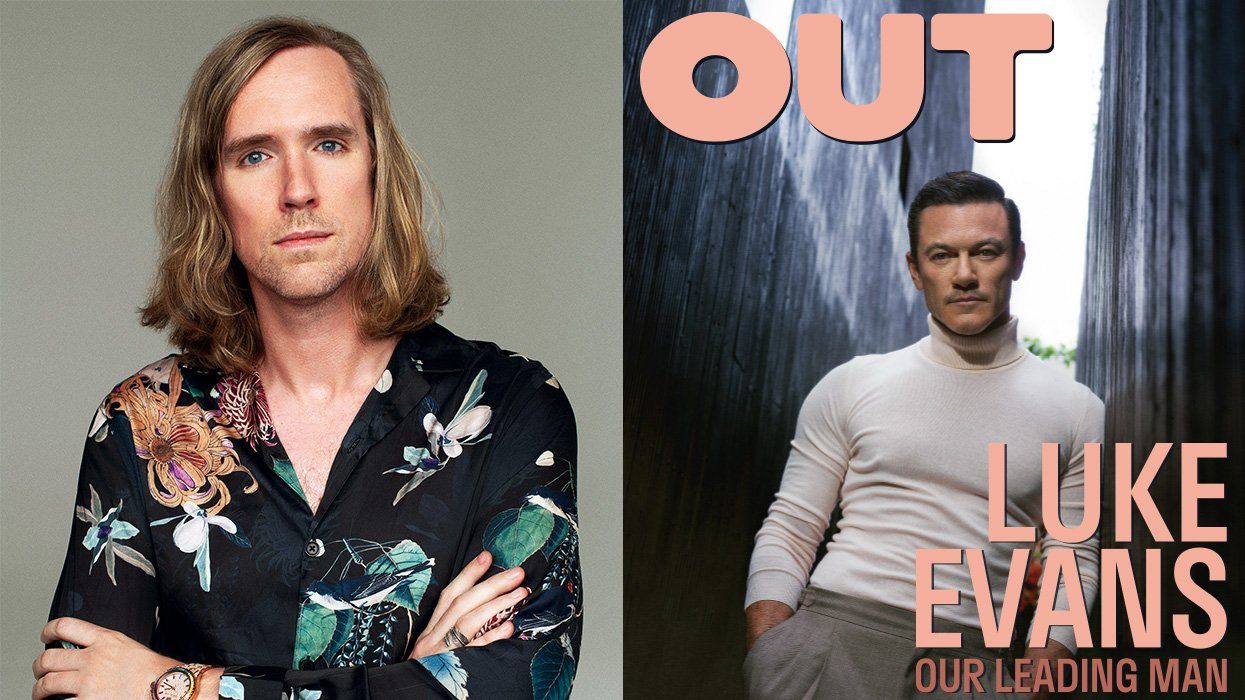
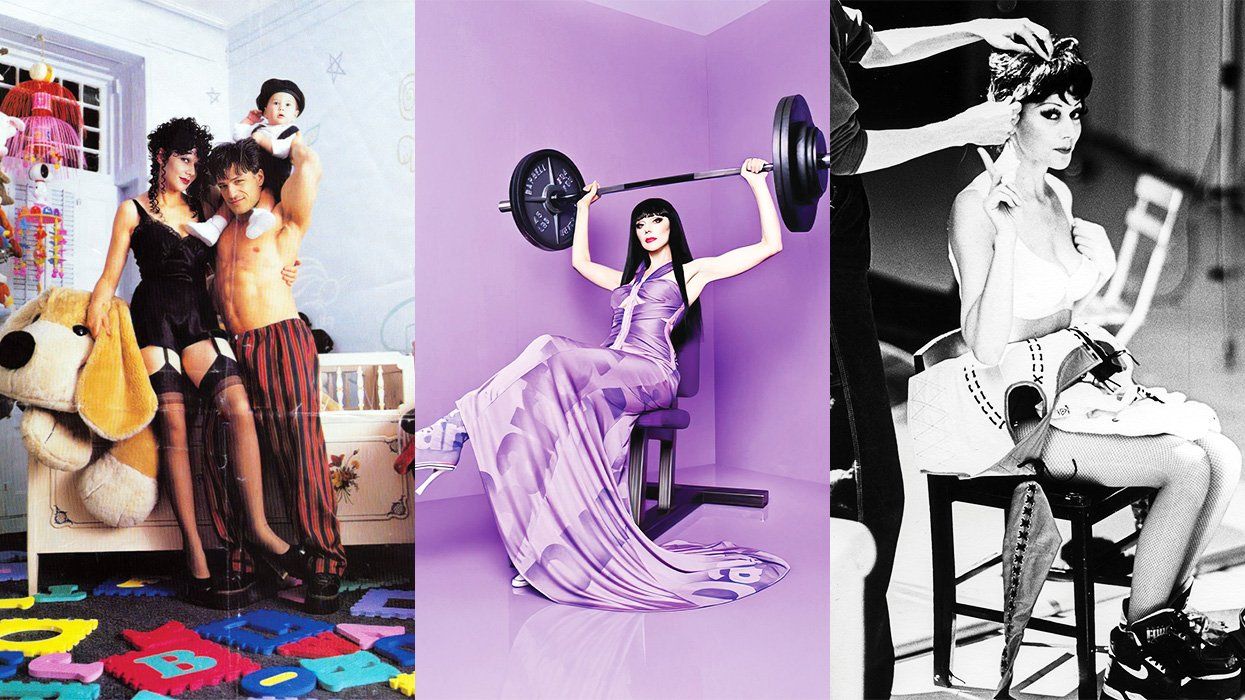
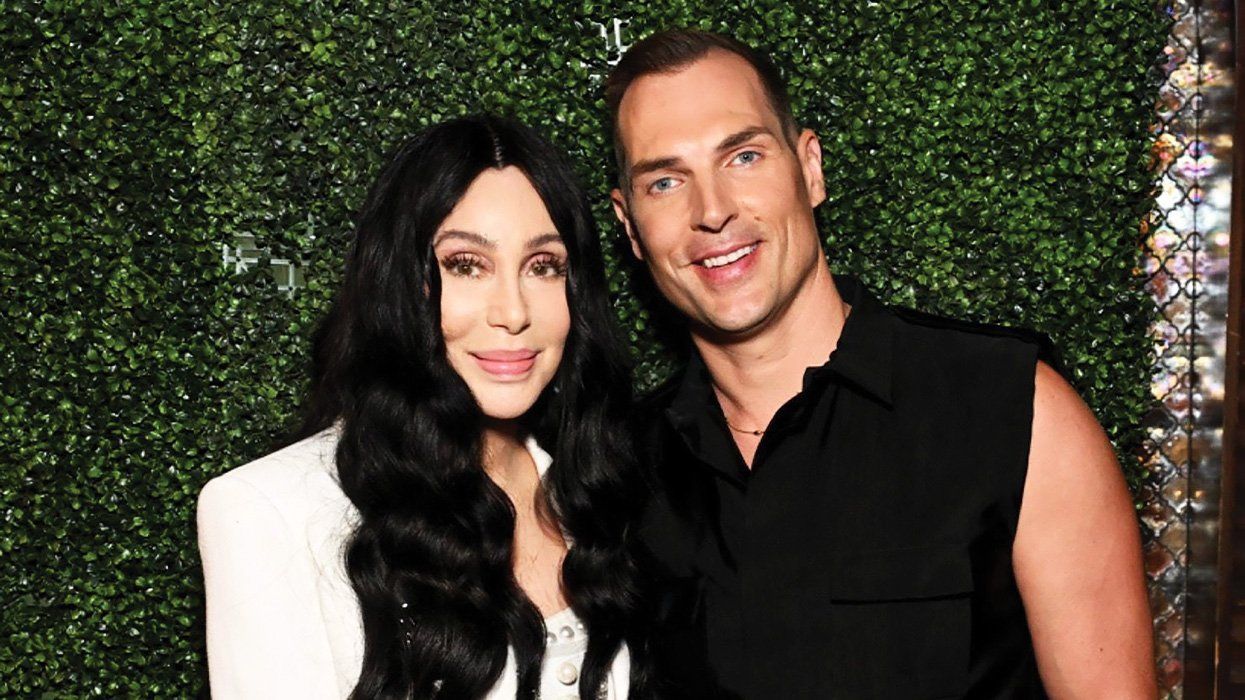




I watched the Kid Rock Turning Point USA halftime show so you don't have to
Opinion: "I have no problem with lip syncing, but you'd think the side that hates drag queens so much would have a little more shame about it," writes Ryan Adamczeski.